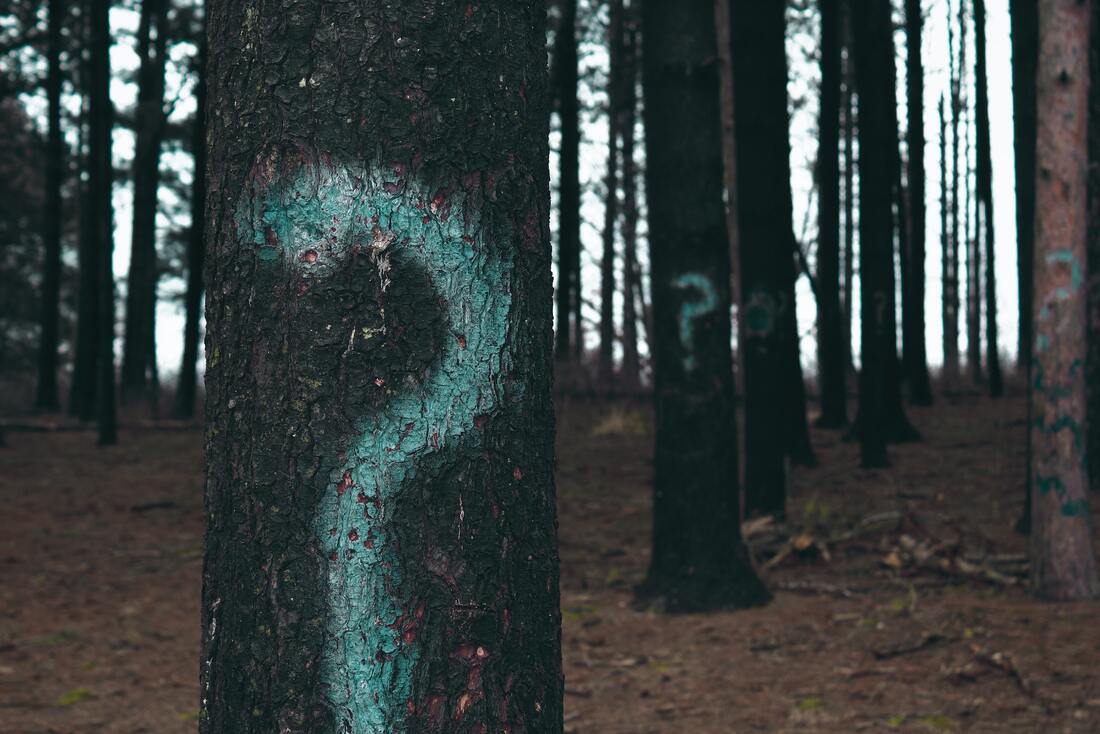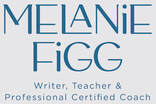|
What are the questions your work is trying to answer?
All writers and artists have subjects and themes they explore over and over in their work. For the nature sculptor, Andy Goldsworthy (whose work I love), one theme he explores is the ephemeral, so he explores dissolution and time in a variety of mediums—building ice sculptures to watch them melt at dawn, braiding sticks into a dam to watch them flow downriver. In this way, he discovers more about the parameters of his materials, and his inquiries. For me, some of the themes I’m interested in are memory, the body, absence, and identity. (Let’s just call them what they are, ok? Slight obsessions!) I explore my obsessions in different ways, from different angles, and in different combinations in my writing. I’m often drawn to certain topics because they let me explore these themes in a new or different way. For example, I’m always curious about phantom limbs—they’re the perfect confluence of my interests in the body, absence, and identity. So, writing a poem in the voice of someone grappling with a phantom limb lets me explore these issues deeper, in a new way—expanding my understanding, like holding an object up to the light and turning it in all directions. What are the ideas or topics that you return to over and over in your writing? My guess is that you already have a pretty good idea what your obsessions are, and what questions your work is trying to answer, but you might not articulated them before. Give it a try…it will help you shape and focus your work, and make you feel more like an intentional, serious writer. Your short story or novel—what is it about? Notice I didn’t ask for a summary of the plot. What are the bigger questions you’re exploring through your storytelling? Most of us know Shirley Jackson’s classic short story, The Lottery. What were the bigger questions she was exploring in that story? Some stuff she was exploring: how people don’t question traditions or the larger group, what conformity does to the individual, what is the role of violence in society. What issues are you grappling with in your fiction? What are your characters dealing with? By digging deep into the larger issues you’re exploring in your work, you will naturally stretch your thinking, and in doing so, complicate and strengthen your work, and deepen its impact. For a poet, focusing your poems on a couple of themes is a great way to build a cohesive collection—whether a full-length book or a smaller chapbook. Once you know what your themes are, then you can see how poems that might seem unrelated (a poem about a phantom limb, an elegy for my mother, a poem about the gaps between music notes) can fit well in one poetry collection, talking to each other about those subjects in different ways. This ability to look objectively at your work is important for all writers, no matter what genre. Being able to discuss your work and its themes, and why they intrigue you, is a key element of an Artist Statement. Most applications—to attend a graduate program or writing residency, or to win a grant—will ask you to write a brief Artist’s Statement. New writers often get the Artist Statement all wrong—they think it’s a resume, or a biography with flowery language. (No!) One thing that separates a serious writer from a beginner is their ability to talk about their work, to articulate their themes, explain their creative process, and to connect their creative inquiry to larger issues. Panelists are looking for this level of professionalism in an application. Most of life’s questions don’t have easy answers--what does it mean to be a true friend? how does systemic racism take hold of a young girl and her doll?—but they make great stories. These questions inspired E.B. White and Toni Morrison to pull us into their creative inquiries as they wrote to better understand Charlotte and Pecola, and discovered some answers (which probably led to more questions) along the way. Waiting to find the answer before you start to write? You can hear how wonky that plan is. Many writers think they have to have it all figured out—the last line of the poem, the emotional nooks and crannies of every chapter—before they’ll begin. (I am not saying don’t outline your novel!) But trust me, it is during the act of writing in which you figure stuff out. So, don’t wait until you’ve forgiven your mother to write that memoir—instead, write about your mother from every angle, write about your relationship, describe memories and conversations, write about that unforgivable thing. And in the process of writing about all of that, you will discover the answers to the how and why of forgiveness. Not sure how your questions connect to become a bigger inquiry? Ask the work itself. I often tell my students and private clients to interview their poem, or piece of prose. Open your journal and write down these questions--What are you trying to tell me? What do you need me to do next?--and let the writing answer. When the writing is done with its answer, ask it the other question. Over and over, back and forth, digging deeper until you get to something surprising, or have a new insight to guide your revision. With a piece I’m working on now, I’m trying to organize a number of different essays and poems into one hybrid memoir. My memoir is exploring girlhood, and violence (among other things). Some of the questions I’m asking my work are: How does this piece relate to my themes of girlhood and lack of safety? If it doesn’t, it probably doesn’t belong here. I have a piece about contagion in 18th century New England, and another about environmental poisoning--what are the connections there? What roles do science, and secrecy play in these subjects? Perhaps I’ve found a strong angle to follow by including this in the collection. And so the experimentation continues. With a sense of play and curiosity, I take stabs at answering these questions by freewriting in my journal. As I explore the similarities and points of departure, new connections get made that guide me toward the next draft. Those connections can also become seams in one specific piece, as I build this patchwork of fragments into a cohesive essay. Already know the answer before you’ve even begun? Then don’t bother writing that thing! Seriously. Either your answer is too obvious (the birthing ground for clichés!), or your question isn’t big enough. That’s what Robert Frost was getting at when he said, “no surprise for the writer, no surprise for the reader.” If your writing’s question isn’t compelling to you, how will your search for the answer be interesting enough to keep you energized through a handful of drafts? How will it keep the reader’s attention? Yes, your questions may change, or evolve. Life changes (becoming a parent, watching your parents age, losing a loved one) or engaging in social issues often prompt new questions, take our writing lives in new directions. That’s a wonderful thing. Don’t be afraid to ask the juicy, messy questions. The point isn’t to have all the answers. The point is to ask questions that encourage you to dig deep, that scare you a little bit, that stir your curiosity, that lead your creative self from one clue to the next, enjoying the search all along the way. |
Melanie FiggI'm a writer, teacher and certified professional coach. I'm gonna see if writing an occasional blog post is a thing I like doing and want to continue doing. Archives
January 2024
Categories |
Copyright © 2024 Figg Coaching and Consulting LLC
Based in Washington, DC with service worldwide
Website Design by Leit Studio
Based in Washington, DC with service worldwide
Website Design by Leit Studio


 RSS Feed
RSS Feed

